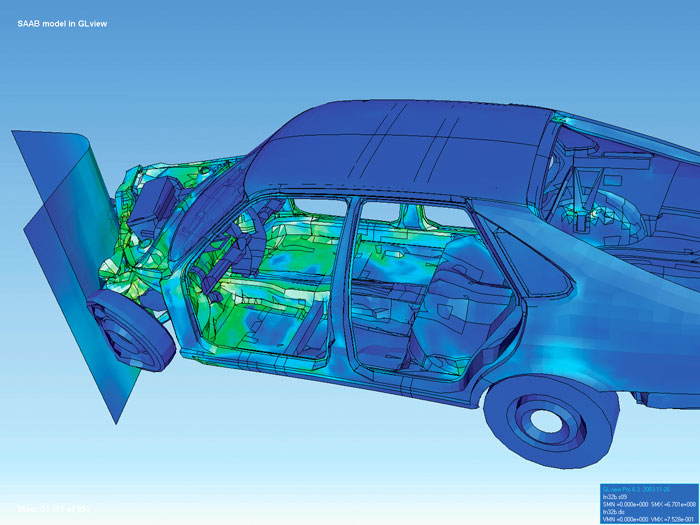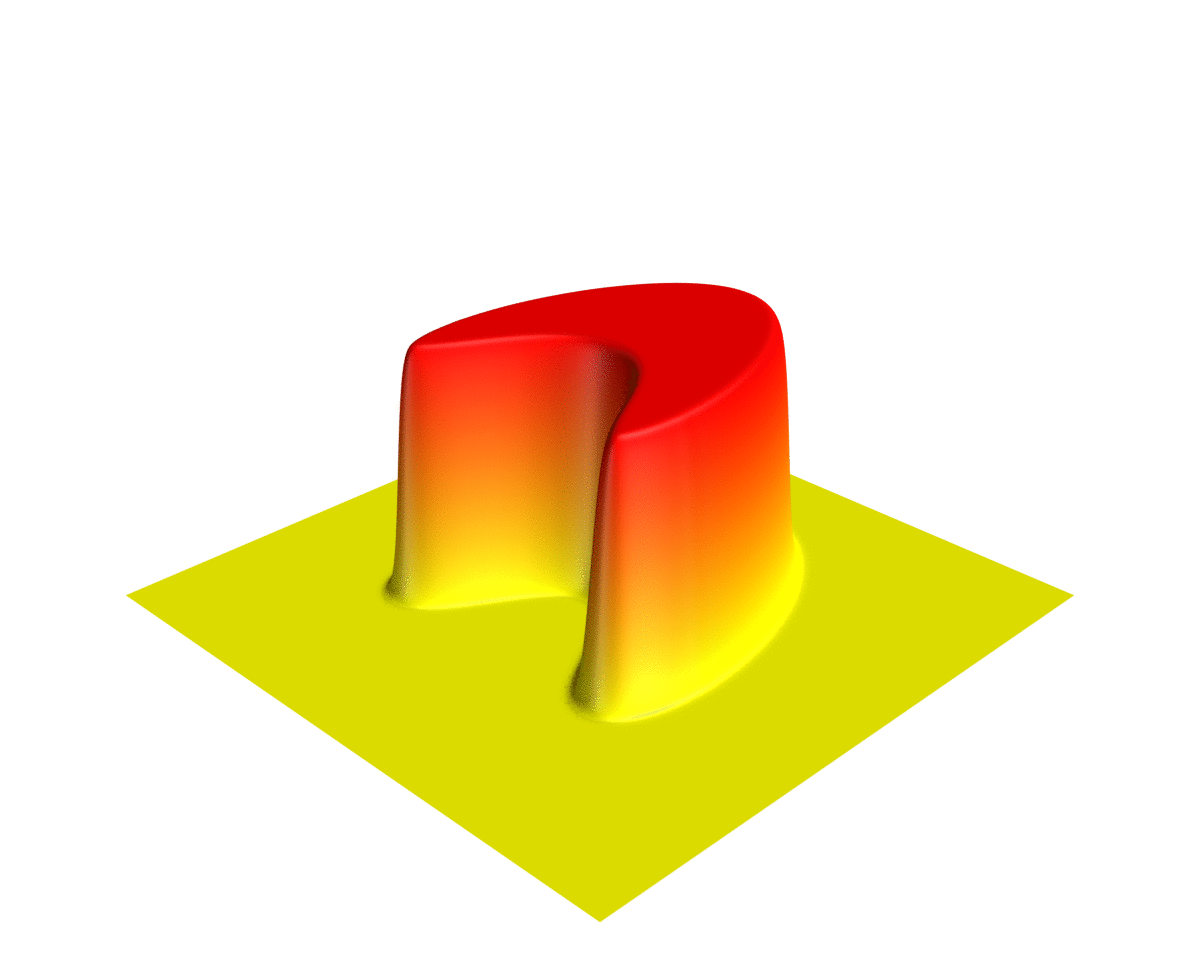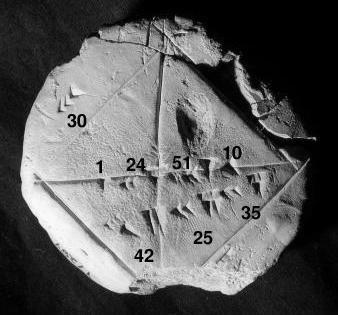|
Feng Kang
Feng Kang (; September 9, 1920 – August 17, 1993) was a Chinese mathematician. He was elected an academician of the Chinese Academy of Sciences in 1980. After his death, the Chinese Academy of Sciences established the Feng Kang Prize in 1994 to reward young Chinese researchers who made outstanding contributions to computational mathematics. Early life and education Feng was born in Nanjing, China and spent his childhood in Suzhou, Jiangsu. He studied at Suzhou High School. In 1939 he was admitted to Department of Electrical Engineering of the National Central University (Nanjing University).National Central University was renamed as Nanjing University in 1949, and reinstated in Taiwan in 1962. Two years later he transferred to the Department of Physics where he studied until his graduation in 1944. He became interested in mathematics and studied it at the university. Career After graduation, he contracted spinal tuberculosis and continued to learn mathematics by himself at hom ... [...More Info...] [...Related Items...] OR: [Wikipedia] [Google] [Baidu] |
Feng (surname)
Feng may refer to: *Feng (surname), one of several Chinese surnames in Mandarin: **Féng (surname) ( wikt:冯 féng 2nd tone "gallop"), very common Chinese surname **Fèng (surname) ( wikt:鳳 fèng 4th tone "phoenix"), relatively common Chinese family name **Fēng (surname) ( wikt:風 fēng 1st tone "wind"), rare Chinese surname **Fèng ( wikt:奉 fèng 4th tone "offer"), rare Chinese surname *Feng (chieftain), legendary Jutish chieftain and the prototype for William Shakespeare's King Claudius *FEng, Fellow of Royal Academy of Engineering *Fengjing, the former capital of the duchy of Zhou during the late Shang dynasty *Feng County, Shaanxi, in China *Feng County, Jiangsu, in China *Fenghuang, mythological birds of East Asia *Feng (mythology), Chinese legendary creature that resembles a lump of meat and regenerates after being eaten *Cardinal Feng, in Monty Python's Spanish Inquisition *Feng Office (web application), open source team collaboration software * Feng (program), opensour ... [...More Info...] [...Related Items...] OR: [Wikipedia] [Google] [Baidu] |
Pure Mathematics
Pure mathematics is the study of mathematical concepts independently of any application outside mathematics. These concepts may originate in real-world concerns, and the results obtained may later turn out to be useful for practical applications, but pure mathematicians are not primarily motivated by such applications. Instead, the appeal is attributed to the intellectual challenge and aesthetic beauty of working out the logical consequences of basic principles. While pure mathematics has existed as an activity since at least Ancient Greece, the concept was elaborated upon around the year 1900, after the introduction of theories with counter-intuitive properties (such as non-Euclidean geometries and Cantor's theory of infinite sets), and the discovery of apparent paradoxes (such as continuous functions that are nowhere differentiable, and Russell's paradox). This introduced the need to renew the concept of mathematical rigor and rewrite all mathematics accordingly, with a system ... [...More Info...] [...Related Items...] OR: [Wikipedia] [Google] [Baidu] |
Dynamical System
In mathematics, a dynamical system is a system in which a Function (mathematics), function describes the time dependence of a Point (geometry), point in an ambient space. Examples include the mathematical models that describe the swinging of a clock pendulum, fluid dynamics, the flow of water in a pipe, the Brownian motion, random motion of particles in the air, and population dynamics, the number of fish each springtime in a lake. The most general definition unifies several concepts in mathematics such as ordinary differential equations and ergodic theory by allowing different choices of the space and how time is measured. Time can be measured by integers, by real number, real or complex numbers or can be a more general algebraic object, losing the memory of its physical origin, and the space may be a manifold or simply a Set (mathematics), set, without the need of a Differentiability, smooth space-time structure defined on it. At any given time, a dynamical system has a State ... [...More Info...] [...Related Items...] OR: [Wikipedia] [Google] [Baidu] |
Boundary Element Methods
Boundary or Boundaries may refer to: * Border, in political geography Entertainment * ''Boundaries'' (2016 film), a 2016 Canadian film * ''Boundaries'' (2018 film), a 2018 American-Canadian road trip film *Boundary (cricket), the edge of the playing field, or a scoring shot where the ball is hit to or beyond that point *Boundary (sports), the sidelines of a field Mathematics and physics *Boundary (topology), the closure minus the interior of a subset of a topological space; an edge in the topology of manifolds, as in the case of a 'manifold with boundary' *Boundary (graph theory), the vertices of edges between a subgraph and the rest of a graph *Boundary (chain complex), its abstractization in chain complexes *Boundary value problem, a differential equation together with a set of additional restraints called the boundary conditions * Boundary (thermodynamics), the edge of a thermodynamic system across which heat, mass, or work can flow Psychology and sociology *Personal boundari ... [...More Info...] [...Related Items...] OR: [Wikipedia] [Google] [Baidu] |
Natural Boundary Element Method
Nature, in the broadest sense, is the physical world or universe. "Nature" can refer to the phenomena of the physical world, and also to life in general. The study of nature is a large, if not the only, part of science. Although humans are part of nature, human activity is often understood as a separate category from other natural phenomena. The word ''nature'' is borrowed from the Old French ''nature'' and is derived from the Latin word ''natura'', or "essential qualities, innate disposition", and in ancient times, literally meant "birth". In ancient philosophy, ''natura'' is mostly used as the Latin translation of the Greek word ''physis'' (φύσις), which originally related to the intrinsic characteristics of plants, animals, and other features of the world to develop of their own accord. The concept of nature as a whole, the physical universe, is one of several expansions of the original notion; it began with certain core applications of the word φύσις by pre-Socr ... [...More Info...] [...Related Items...] OR: [Wikipedia] [Google] [Baidu] |
Integral Equation
In mathematics, integral equations are equations in which an unknown Function (mathematics), function appears under an integral sign. In mathematical notation, integral equations may thus be expressed as being of the form: f(x_1,x_2,x_3,...,x_n ; u(x_1,x_2,x_3,...,x_n) ; I^1 (u), I^2(u), I^3(u), ..., I^m(u)) = 0where I^i(u) is an integral operator acting on ''u.'' Hence, integral equations may be viewed as the analog to differential equations where instead of the equation involving derivatives, the equation contains integrals. A direct comparison can be seen with the mathematical form of the general integral equation above with the general form of a differential equation which may be expressed as follows:f(x_1,x_2,x_3,...,x_n ; u(x_1,x_2,x_3,...,x_n) ; D^1 (u), D^2(u), D^3(u), ..., D^m(u)) = 0where D^i(u) may be viewed as a differential operator of order ''i''. Due to this close connection between differential and integral equations, one can often convert between the two. For examp ... [...More Info...] [...Related Items...] OR: [Wikipedia] [Google] [Baidu] |
Elliptic Partial Differential Equation
Second-order linear partial differential equations (PDEs) are classified as either elliptic, hyperbolic, or parabolic. Any second-order linear PDE in two variables can be written in the form :Au_ + 2Bu_ + Cu_ + Du_x + Eu_y + Fu +G= 0,\, where , , , , , , and are functions of and and where u_x=\frac, u_=\frac and similarly for u_,u_y,u_. A PDE written in this form is elliptic if :B^2-AC, applying the chain rule once gives :u_=u_\xi \xi_x+u_\eta \eta_x and u_=u_\xi \xi_y+u_\eta \eta_y, a second application gives :u_=u_ _x+u_ _x+2u_\xi_x\eta_x+u_\xi_+u_\eta_, :u_=u_ _y+u_ _y+2u_\xi_y\eta_y+u_\xi_+u_\eta_, and :u_=u_ \xi_x\xi_y+u_ \eta_x\eta_y+u_(\xi_x\eta_y+\xi_y\eta_x)+u_\xi_+u_\eta_. We can replace our PDE in x and y with an equivalent equation in \xi and \eta :au_ + 2bu_ + cu_ \text= 0,\, where :a=A^2+2B\xi_x\xi_y+C^2, :b=2A\xi_x\eta_x+2B(\xi_x\eta_y+\xi_y\eta_x) +2C\xi_y\eta_y , and :c=A^2+2B\eta_x\eta_y+C^2. To transform our PDE into the desired canonical fo ... [...More Info...] [...Related Items...] OR: [Wikipedia] [Google] [Baidu] |
Embedding
In mathematics, an embedding (or imbedding) is one instance of some mathematical structure contained within another instance, such as a group that is a subgroup. When some object X is said to be embedded in another object Y, the embedding is given by some injective and structure-preserving map f:X\rightarrow Y. The precise meaning of "structure-preserving" depends on the kind of mathematical structure of which X and Y are instances. In the terminology of category theory, a structure-preserving map is called a morphism. The fact that a map f:X\rightarrow Y is an embedding is often indicated by the use of a "hooked arrow" (); thus: f : X \hookrightarrow Y. (On the other hand, this notation is sometimes reserved for inclusion maps.) Given X and Y, several different embeddings of X in Y may be possible. In many cases of interest there is a standard (or "canonical") embedding, like those of the natural numbers in the integers, the integers in the rational numbers, the rational n ... [...More Info...] [...Related Items...] OR: [Wikipedia] [Google] [Baidu] |
Finite Element Method
The finite element method (FEM) is a popular method for numerically solving differential equations arising in engineering and mathematical modeling. Typical problem areas of interest include the traditional fields of structural analysis, heat transfer, fluid flow, mass transport, and electromagnetic potential. The FEM is a general numerical method for solving partial differential equations in two or three space variables (i.e., some boundary value problems). To solve a problem, the FEM subdivides a large system into smaller, simpler parts that are called finite elements. This is achieved by a particular space discretization in the space dimensions, which is implemented by the construction of a mesh of the object: the numerical domain for the solution, which has a finite number of points. The finite element method formulation of a boundary value problem finally results in a system of algebraic equations. The method approximates the unknown function over the domain. The sim ... [...More Info...] [...Related Items...] OR: [Wikipedia] [Google] [Baidu] |
Partial Differential Equations
In mathematics, a partial differential equation (PDE) is an equation which imposes relations between the various partial derivatives of a multivariable function. The function is often thought of as an "unknown" to be solved for, similarly to how is thought of as an unknown number to be solved for in an algebraic equation like . However, it is usually impossible to write down explicit formulas for solutions of partial differential equations. There is, correspondingly, a vast amount of modern mathematical and scientific research on methods to numerically approximate solutions of certain partial differential equations using computers. Partial differential equations also occupy a large sector of pure mathematical research, in which the usual questions are, broadly speaking, on the identification of general qualitative features of solutions of various partial differential equations, such as existence, uniqueness, regularity, and stability. Among the many open questions are the e ... [...More Info...] [...Related Items...] OR: [Wikipedia] [Google] [Baidu] |
Numerical Analysis
Numerical analysis is the study of algorithms that use numerical approximation (as opposed to symbolic computation, symbolic manipulations) for the problems of mathematical analysis (as distinguished from discrete mathematics). It is the study of numerical methods that attempt at finding approximate solutions of problems rather than the exact ones. Numerical analysis finds application in all fields of engineering and the physical sciences, and in the 21st century also the life and social sciences, medicine, business and even the arts. Current growth in computing power has enabled the use of more complex numerical analysis, providing detailed and realistic mathematical models in science and engineering. Examples of numerical analysis include: ordinary differential equations as found in celestial mechanics (predicting the motions of planets, stars and galaxies), numerical linear algebra in data analysis, and stochastic differential equations and Markov chains for simulating living ce ... [...More Info...] [...Related Items...] OR: [Wikipedia] [Google] [Baidu] |
Computational Mathematics
Computational mathematics is an area of mathematics devoted to the interaction between mathematics and computer computation.National Science Foundation, Division of Mathematical ScienceProgram description PD 06-888 Computational Mathematics 2006. Retrieved April 2007. A large part of computational mathematics consists roughly of using mathematics for allowing and improving computer computation in areas of science and engineering where mathematics are useful. This involves in particular algorithm design, computational complexity, numerical methods and computer algebra. Computational mathematics refers also to the use of computers for mathematics itself. This includes mathematical experimentation for establishing conjectures (particularly in number theory), the use of computers for proving theorems (for example the four color theorem), and the design and use of proof assistants. Areas of computational mathematics Computational mathematics emerged as a distinct part of applied ma ... [...More Info...] [...Related Items...] OR: [Wikipedia] [Google] [Baidu] |
.jpg)


